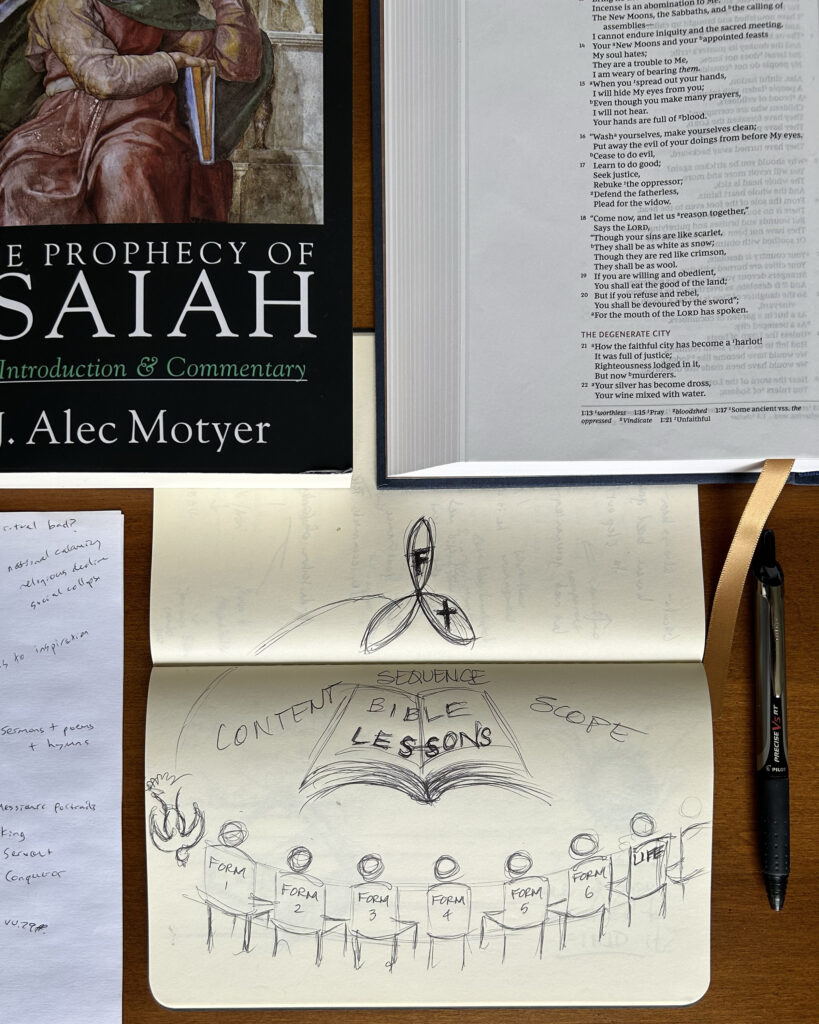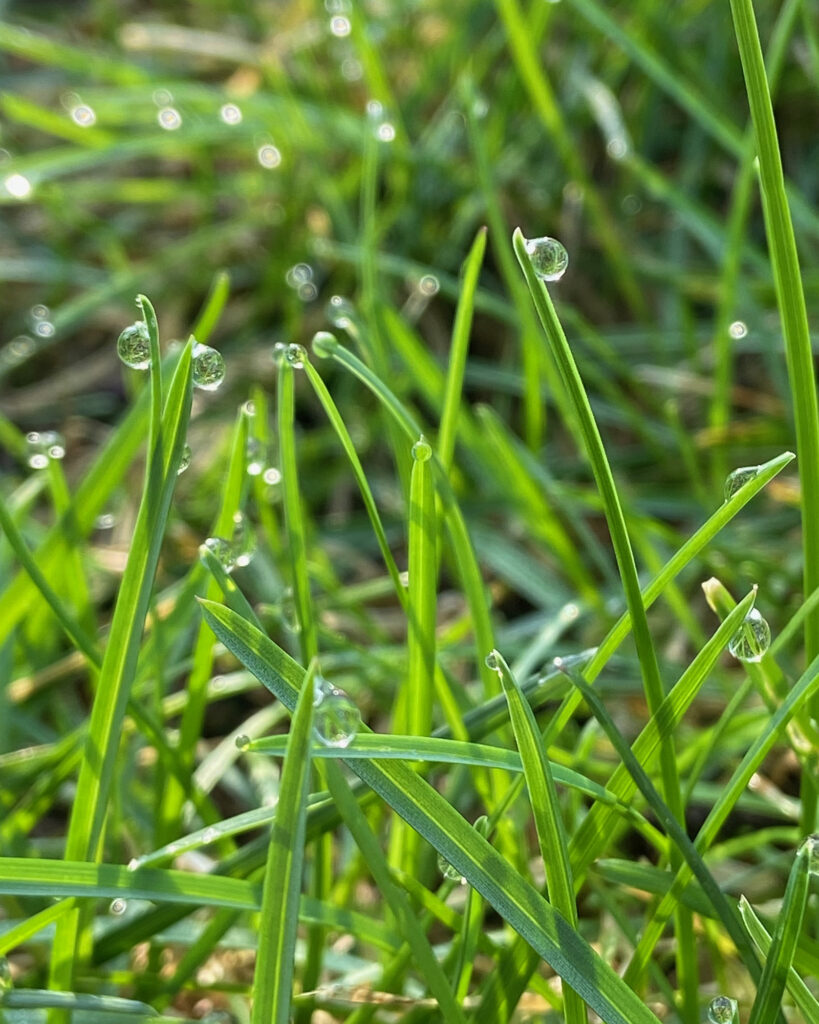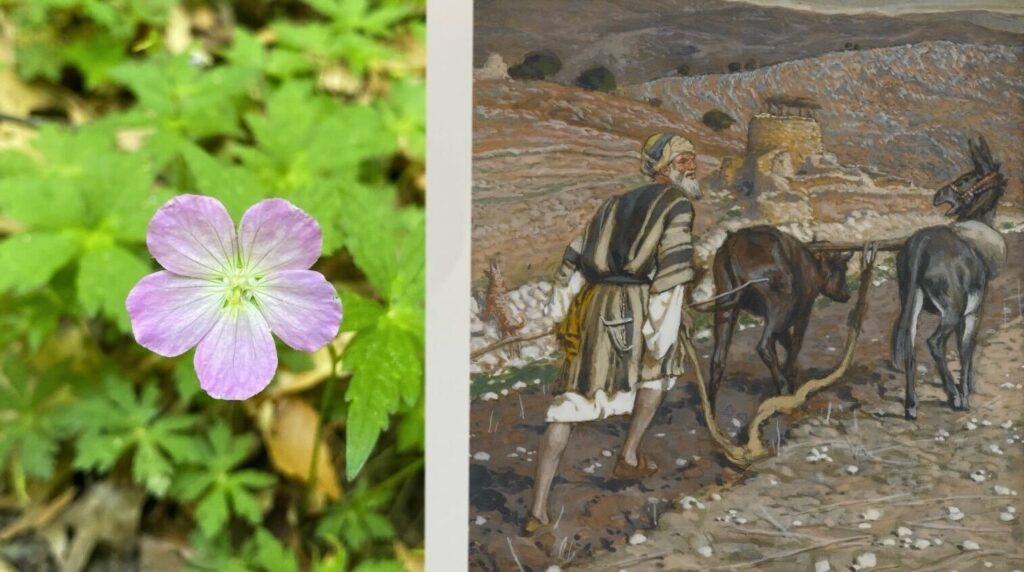The CMP Review — Week of May 20
May 20, 2024
I recently took a class with Delia Fian weaving bark satchels. We started by removing bark, then rehydrating and cutting bark into strips, and finally weaving satchels of all different designs. This is the third satchel I’ve woven, alongside many baskets and hats, and I can really see my skills improving. My satchel is made from tulip poplar and the invasive mimosa tree.
I have found in the spirit of Mother Culture, it’s vital to continue pursuing skills and knowledge for ourselves because it doesn’t end with us. I came across a Parents’ Review article which stated “by the side of the vast and rapid growth of the children there should be progress and growth in the parents. We cannot afford to stand still. We must establish a higher education of Parents, we must make an effort to widen our own knowledge, and to increase our hold on the interests which make life really worth living.”
Weaving these baskets has not only enhanced my crafting skills but also reminded me of the importance of lifelong learning and growth.
@tessakeath
May 21, 2024

In January we ran a series of vintage articles by Olive Norton, a homeschool mother of the 1950s and ’60s who became the headmistress of a PNEU School. She had a special connection with history because it was her school that the daughters of Susan Schaeffer Macaulay attended, and thus it was through Mrs. Norton that Susan Schaeffer Macaulay first learned about Charlotte Mason. This historic connection ultimately prompted the 1984 book For the Children’s Sake, which effectively launched the modern Charlotte Mason movement.
After that series of episodes, one of our listeners reached out to me and said that she knows modern-day Olive Norton and suggested that I interview her. This 21st-century Mrs. Norton is Melanie Walker-Malone, the founder of Red Mountain Community School in Birmingham, Alabama. So I reached out to Melanie, and she kindly offered her time for an in-depth interview about Charlotte Mason, homeschooling, and her school. Listen in as we discuss the fruitfulness of Miss Mason’s ideas and how we can share those riches with our families, our communities, and the world. Perhaps Melanie’s story may inspire you to become a next-generation Olive Norton too. Find it here.
@artmiddlekauff
May 22, 2024

“Nature study as a subject is one which should be approached with great reverence, for in dealing with birds, animals, flowers and all other forms of natural life, we are perhaps, nearer to the Creator than in any other branch of science; for the natural world is the expression of God’s personality in a form that is within the reach of all of us to comprehend in some measure. And is not the natural world one of the greatest proofs that there is a God?”
G. Downtown, “The Charm of Nature Study,” The Parents’ Review, 1931, p. 184.
@rbaburina
📷 @aolander
May 23, 2024

When I first presented my research on “Mason’s Program for Bible Lessons” in 2018, I included a note of hope. I quoted Eleanor Frost who in 1913 wrote that the teacher’s work is to “show [students] the way of personal study, that when the actual supervision of school days is over they may know how to continue Bible Study for themselves.”
I stressed that although Mason’s program from Forms I to VI is “full, exhaustive, [and] progressive,” we may not be able to cover the entire Bible with our children before they leave home. But there is another form after Form VI. It is the Form of Life. I said that in that form, our children may study whatever we missed.
Andrea Cunningham heard me and drew a sketch on the spot that captured this idea. I have kept it with me in faith all these years. My oldest had just graduated from Form VI, and I had yet to see where his relationship with Scripture would take him.
He’s now 24 and is a teacher. In our homeschool we never got to Isaiah, and although he has read the text, he’s never studied it. Now he wants to study it deeply.
“Dad, how about if we study it together?” He asked. We agreed on a time on Saturday mornings. I prepared for our first lesson with more than a little diligence. Our session together looked at lot like a Bible lesson in the Charlotte Mason method. We started with the text and he narrated. Then we went digging together, not trusting in our own lights alone, but inviting the counsel of scholarship and the community of God.
Now that my son is a teacher, he is more convinced than ever that “knowledge is not assimilated until it is reproduced.” After our meeting, he typed up his learning and reflections on Isaiah 1 and emailed the document to me. He plans to do this for every chapter. Of course I have gone on record saying that a Bible lesson has one narration and not two. But I gladly make an exception in this case. After all, this is not Form VI. This is the Form of Life.
@artmiddlekauff
May 24, 2024

Over hill, over dale,
Thorough bush, thorough brier,
Over park, over pale,
Thorough flood, thorough fire;
I do wander everywhere,
Swifter than the moon’s sphere.
And I serve the Fairy Queen,
To dew her orbs upon the green.
The cowslips tall her pensioners be;
In their gold coats spots you see;
Those be rubies, fairy favors;
In those freckles live their savors.
I must go seek some dewdrops here
And hang a pearl in every cowslip’s ear.
(Shakespeare, A Midsummer Night’s Dream, Act II, Scene i)
@antonella.f.greco
May 25, 2024

On this day in 1787, the Constitutional Convention, made up of 55 state delegates, assembled at Independence Hall in Philadelphia. There they would draft the US Constitution on five sheets of parchment paper with 39 of the 55 delegates signing on September 17, 1787.
@rbaburina
Image: Delaney Van
May 26, 2024

“Every Christian is called to a life of renunciation,” writes Fr. Vassilios Papavassiliou in his commentary on the Ladder of Divine Ascent. “It is clear, then, that renunciation is not exclusive to monasticism but is an intrinsic part of being a Christian… Christians renounce the world by living for something other than the world. By living thus, we become the light of the world.”
But there is another step in the ladder after renunciation, a step called detachment. “In monastic life,” he explains, “detachment naturally follows renunciation. Having abandoned the world, the monk must guard his heart against yearning for what he has forsaken; he must look not back, but forward. Otherwise, grief and regret will overcome his spirit. Eventually he will come to resent his vocation and see it as an imprisonment and a wasted life, because he has not yet let go of his worldly desires.
“For others, too, detachment is integral to Christian living. I have heard married men and women complain that they married too young, that they did not have the opportunity to do the things they dreamed of, that they have missed out on something because they had to sacrifice their will and desires for the sake of their children or spouse. If the monk, having vowed to live a life of utter dedication, is not to look back, should not married couples observe the same rule? ‘No one, having put his hand to the plow, and looking back, is fit for the kingdom of God’ (Luke 9:62).”
Charlotte Mason offered her own reflections on this powerful verse in the Gospel of Luke. I invite you to consider the place of detachment in your life as you read or listen to her poem “Fit for the Kingdom” here.
@artmiddlekauff